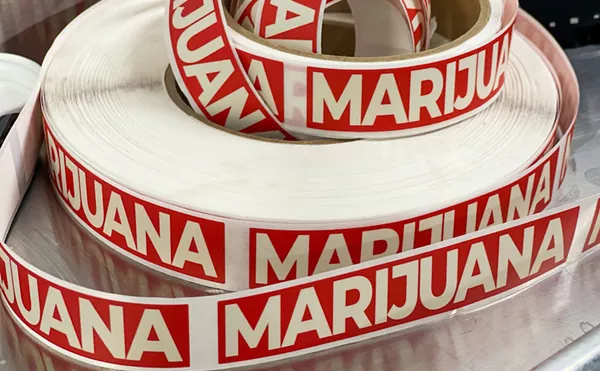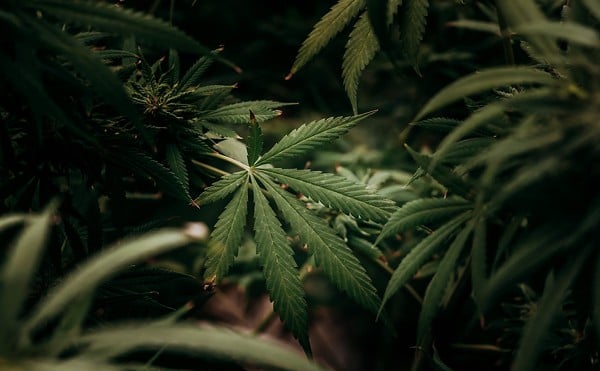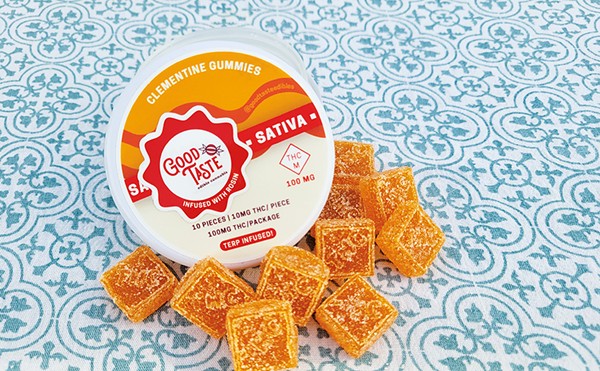Psilocybin is the scientific name for the psychedelic compound found in traditional magic mushrooms.
‘magic’ of psilocybin has moved on from the confinement of recreational use and into the therapeutic medical space.
There’s a growing body of scientific evidence to support the potential use of psilocybin as treatment for psychological conditions, specifically addiction, anxiety, depression, and even bipolar disorder.
Even though more people are waking up to these benefits, psilocybin is still considered a Schedule I drug under the Controlled Substances Act. Schedule I drugs categorically don’t have any solid evidence for standardized safe use, i.e. there’s no consistent dosing scheme that could make them safe for the public at large.
When researchers perform studies with psilocybin, like this one on treatment-resistant depression, they often use a synthetic form of psilocybin instead of natural mushroom extract, with the chemical name 4-AcO-DMT.
4-AcO-DMT used by medical and scientific researchers is obviously subject to more scrutiny than a synthetic that’s made in an undocumented homegrown lab for under-the-table commerce.
Now, it seems that some of this under-the-table synthetic psilocybin has made its way into the retail space, and the FDA claims the results are scary:
People have reported uncontrollable vomiting and been treated for seizures, and the FDA is currently investigating two deaths from consuming Diamond Shruumz products.
These were found to contain 4-AcO-DMT, an ingredient the brand failed to disclose and may be what’s making people sick.
All Diamond Shruumz products have been recalled by the FDA and anyone who has these products is urged to avoid ingesting them and send them back ASAP to the manufacturer for a full refund.
The incident is reminiscent of earlier scandals in the CBD industry, where brands were caught using off-label ingredients and incorrectly marketing their products as something they weren’t, i.e. a cure for an illness, free of THC, etc.
Medicinal mushrooms, specifically magic mushroom chocolates, are definitely having a moment, as this Los Angeles Times piece about the Diamond Shruumz recall poignantly asserts. New products are constantly hitting the digital shelves, both digitally and at brick-and-mortar headshops and health food stores across the US.
The products that contain functional mushrooms and other similar extracts from fungi are currently being marketed en masse as both natural remedies and recreational nootropics.
But as the Diamond Shruumz recall proves, companies may not have caught up yet with consumer demand for transparency. After all, this requires significant investment for regular third-party testing, for scannable QR code technology, and for marketable certifications like non-GMO, sustainability certifications, etc.
Akin to the early commercial heyday of cannabinoids, people who take any kind of medicinal mushrooms need to take methodical precautions in a wildly unregulated industry.
I was curious as to what I’d be able to find on the Diamond Shruumz website. Even though their production was shut down, I wanted to see the story told by their available third-party tests.
Any legit medicinal mushroom and/or cannabinoid brand will post their test results, and Diamond Shruumz indeed had a wealth of tests for contaminants and illicit psychedelics.
But with one glaring discrepancy: They’re from 2023.
As to whether or not customers who bought the tainted products from the brand were able to see an updated lab panel before purchase, I have no clue.
But lagging by test results for a product with psychoactive ingredients by a year may have been an indicator that something was amiss.
The moral of the story for consumers is to be your own advocate, especially when purchasing substances like medicinal mushrooms or cannabinoids that have the potential for psychoactivity. This means taking an extra few minutes to see if the product you’re buying comes with up-to-date test results. These tests should be performed by an independent lab, not by the company internally, and should include an extensive contaminants panel.
Hopefully, the unfortunate Diamond Shruumz recall produces a positive trajectory similar to what happened when CBD companies had to react to a lack of transparency in the industry:
Magic mushroom brands with a clean nose will put their transparency at the forefront, and consumers will begin to demand transparency to the extent that manufacturers who don’t provide it will no longer be able to compete in the market.







